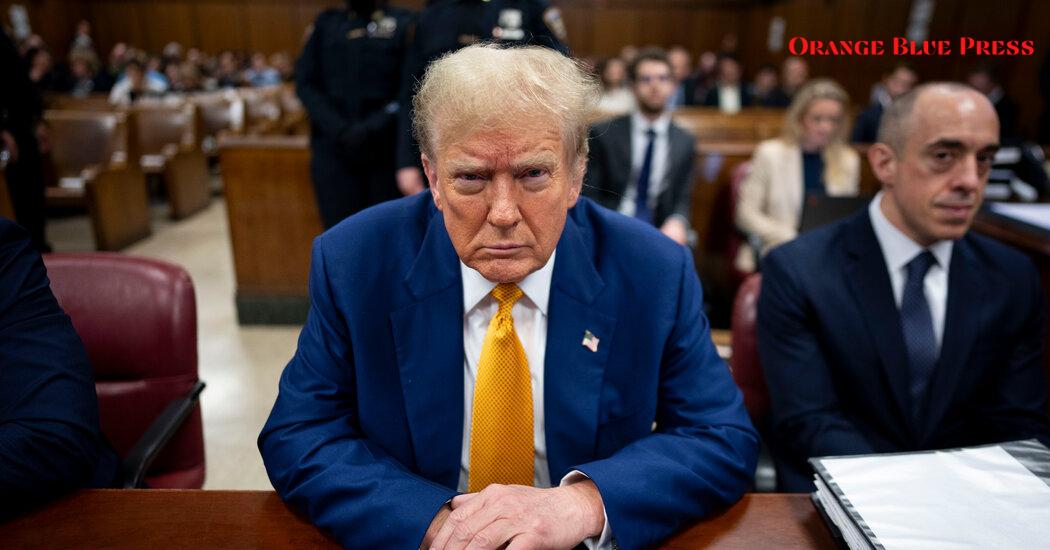In an important legal decision, a New York judge has set the stage for Donald Trump’s sentencing regarding his hush-money case. This development has garnered significant attention as it comes just days before Trump’s inauguration. The presiding judge, Juan Merchan, is expected to announce his ruling in a matter that many consider more than just a legal precedent—it could also shape the political landscape.
Trump’s Conviction and Upcoming Sentencing
On January 10, 2024, Donald Trump will face sentencing for his felony conviction that involves falsifying business records. This case revolves around alleged hush-money payments made during the 2016 presidential election to silence claims regarding personal misconduct. Notably, Trump’s conviction consists of 34 felony counts, making this an extraordinary situation for a former president.
What Does Unconditional Discharge Mean?
Judge Merchan indicated he might impose an unconditional discharge in Trump’s case, which means that while the conviction would remain on his record, Trump would not face any additional punishment such as jail time or probation. This potential outcome is viewed as quite lenient, especially for someone holding or aspiring to a significant political office.
The Rationale Behind the Judge’s Decision
Judge Merchan’s inclination towards an unconditional discharge raises questions, especially considering Trump’s past actions. During the court proceedings, Merchan stated that he would not impose a prison sentence, leaning instead toward a solution that respects the legal system while also recognizing the complexities involved since Trump is a former president.
Reactions and Implications
The ruling has elicited varied reactions, particularly from Trump’s legal team and his supporters. Trump’s spokesperson, Steven Cheung, criticized the judge’s ruling, claiming it violates Supreme Court decisions and stating that they will vigorously continue to pursue an appeal. This response captures the tension surrounding not only Trump’s legal battles but also the political narrative as he transitions back into the public eye.
What Happens Next?
As we eagerly anticipate the January 10 sentencing date, several questions loom. Will Trump attend the sentencing in person or appear virtually due to his duties related to the inauguration? Moreover, while the judge has indicated he will not impose a prison sentence, what avenues remain for Trump’s legal team to fight this conviction? They may choose to appeal at various levels, possibly reaching federal courts to contest the ruling.
Why is This Case Significant?
Trump’s legal troubles come at a crucial moment. Being a convicted felon as he assumes office could not only affect his presidency but also how his supporters view his leadership. The implications are profound—not just for Trump but for the political system in general, as this case raises questions about accountability and the integrity of those who seek high office.
Public and Legal Perspectives
Public opinion remains divided. Some see this legal action as essential for maintaining the rule of law, while others feel it is politically motivated. Legal experts note that Trump’s conviction is a landmark case as it intertwines legal accountability with presidential duties. As the legal proceedings unfold, observers are eager to understand how this may affect Trump’s influence over the Republican Party and his 2024 presidential ambitions.
| Event | Date | Outcome |
|---|---|---|
| Sentencing Hearing | January 10, 2024 | Potential Unconditional Discharge |
| Trump’s Inauguration | January 20, 2024 | Assuming Office |
Looking Forward
As we approach the sentencing date, eyes are firmly on what Judge Merchan will decide and how Trump’s situation will unfold. This case isn’t just about legal outcomes; it also involves the future of American politics. Everyone is waiting to see how this chapter will change the story that’s unfolding around one of the most well-known political figures in recent history.




















